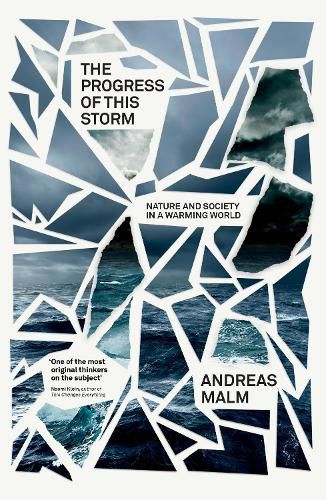Readings Newsletter
Become a Readings Member to make your shopping experience even easier.
Sign in or sign up for free!
You’re not far away from qualifying for FREE standard shipping within Australia
You’ve qualified for FREE standard shipping within Australia
The cart is loading…






In a world careening towards climate chaos, nature is dead. It can no longer be separated from society. Everything is a blur of hybrids, where humans possess no exceptional agency that sets them apart from dead matter. But is it really so?
In this blistering polemic and theoretical manifesto, Andreas Malm develops a contrary argument: in a warming world, nature comes roaring back, and it is more important than ever to distinguish between the natural and the social. Only with a unique agency attributed to humans can resistance become conceivable.
Deflating several prominent currents in contemporary theory-constructionism, hybridism, new materialism, posthumanism-and submitting the influential work of Bruno Latour to particularly biting critique, Malm shows that action against fossil fuels is best served by a theory that takes nature, society and the dialectics between them very seriously indeed.
$9.00 standard shipping within Australia
FREE standard shipping within Australia for orders over $100.00
Express & International shipping calculated at checkout
Stock availability can be subject to change without notice. We recommend calling the shop or contacting our online team to check availability of low stock items. Please see our Shopping Online page for more details.
In a world careening towards climate chaos, nature is dead. It can no longer be separated from society. Everything is a blur of hybrids, where humans possess no exceptional agency that sets them apart from dead matter. But is it really so?
In this blistering polemic and theoretical manifesto, Andreas Malm develops a contrary argument: in a warming world, nature comes roaring back, and it is more important than ever to distinguish between the natural and the social. Only with a unique agency attributed to humans can resistance become conceivable.
Deflating several prominent currents in contemporary theory-constructionism, hybridism, new materialism, posthumanism-and submitting the influential work of Bruno Latour to particularly biting critique, Malm shows that action against fossil fuels is best served by a theory that takes nature, society and the dialectics between them very seriously indeed.